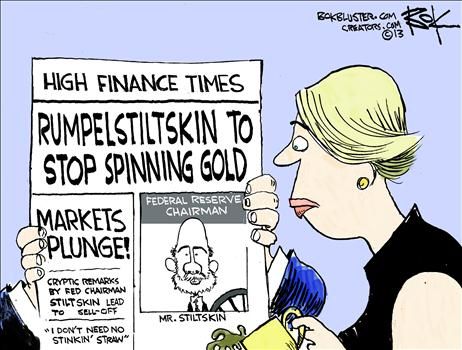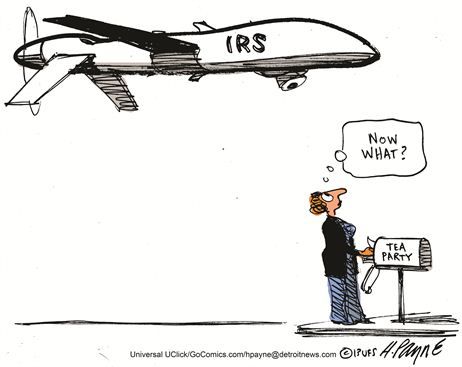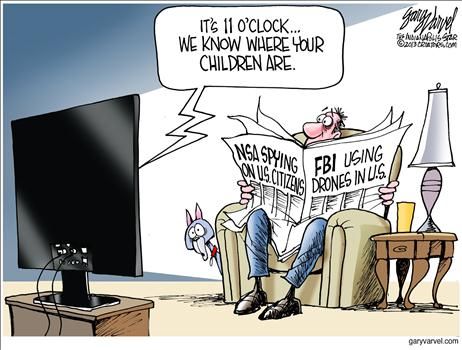
In an interviewwith Charlie Rose that aired last night, President Obama said that despite his defense of the NSA’s recently revealed surveillance programs, he continues to believe “we don’t have to sacrifice our freedom in order to achieve security,” which he called “a false choice.” Still, he said, “that doesn’t mean that there are not tradeoffs involved in any given program or any given action that we take.” The first example he gave was telling:
All of us make a decision that we go through a whole bunch of security at airports….When we were growing up, that wasn’t the case, right? You ran up to the gate five minutes [before your flight]. It’s been a while since I went through commercial flying, but I gather the experience is not the same. That’s a tradeoff we make….
To say there’s a tradeoff doesn’t mean somehow that we’ve abandoned freedom. I don’t think anyone says we’re no longer free because we have checkpoints at airports.
I don’t know about you, but I never made a decision to “go through a whole bunch of security at airports.” I do not arrive early, wait in line, repeatedly display my government-issued ID, empty my pockets, take my computer out, cram my toiletries into a Ziploc bag, remove my shoes and belt, and stand with my arms held up in a gesture of surrender while a scanner looks under my clothing becase I like doing those things, or even because I see them as a reasonable price to pay for the extra protection these rituals of obeisance allegedly provide. I do these things because the government makes me do them. I would welcome the option of flying without all the security theater, despite the extra risk that supposedly would entail, and I suspect I am not alone. Maybe if Obama flew commercial once in a while he would understand that travelers do not necessarily comply with the TSA’s arbitrary edicts because they view them as sensible precautions well worth the inconvenience and humiliation.
While I would not say “we’re no longer free because we have checkpoints at airports,” we certainly are less free than we were before. Otherwise it would make no sense to describe this change as a “tradeoff.” The government took some of our freedom, and in return it gave us the illusion of security. Many of us doubt the value of this deal. Are we not allowed to complain about a loss of freedom as long as we have some left? Is that what Obama has in mind when he says “we don’t have to sacrifice our freedom in order to achieve security”?
Obama’s other example of a tradeoff between freedom and security is equally troubling:
We make a tradeoff about drunk driving. We say occasionally there are going to be checkpoints. They may be intrusive.
Again, you and I did not invent DUI checkpoints. Cops did, and the Supreme Court upheld these suspicionless seizures based on the premise that they aim mainly to protect public safety rather than catch criminals (even though they do result in arrests, frequently on charges that have nothing to do with drunk driving). Since I wish the Court had not carved out this exception to the Fourth Amendment and continue to find such roadblocks objectionable, Obama’s analogy does not reassure me.
—————
The Liberty Report Take: The George W. Obama administration continues……..
Click below for the full article.
http://reason.com/blog/2013/06/18/obama-spilling-secrets-is-bad-when-it-sc










 “I’m not a criminal, so there’s really no reason for me to be in a criminal database.” That
“I’m not a criminal, so there’s really no reason for me to be in a criminal database.” That